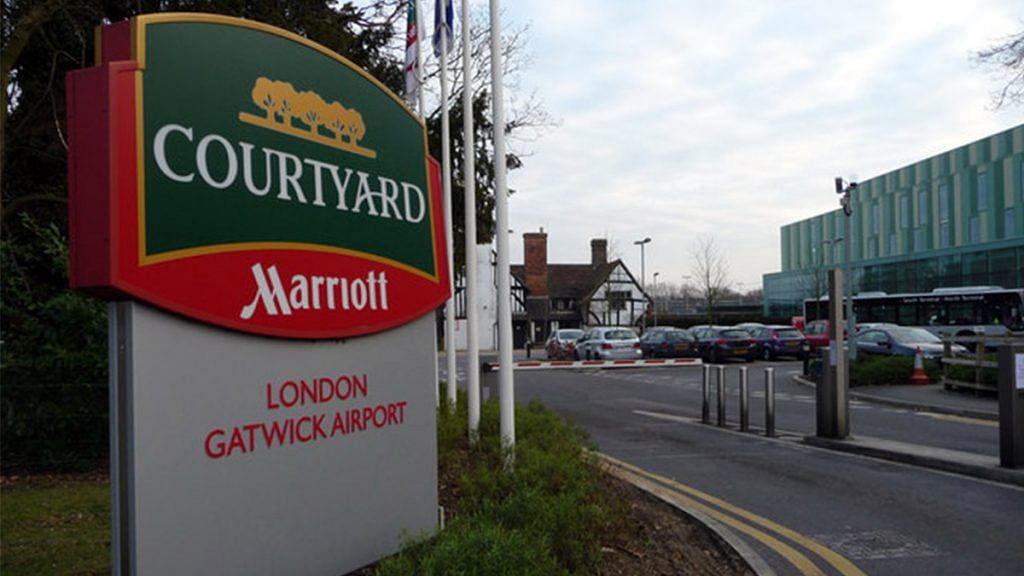New Delhi: As of Friday, over a million cases of coronavirus have been reported across the world and more than 53,200 have died of it.
Different countries have adopted different measures to battle the pandemic, with India taking a lead from some of the worst affected countries and initiating a nationwide lockdown for 21 days.
Other lesser affected countries have also announced a partial lockdown or enforced strict measures of social distancing.
The economy has taken a hit as a result, forcing companies to come up with solutions to address the crisis.
The retail, hospitality and travel sectors have reportedly been hit the hardest. This has led to many businesses deciding to send their employees on furlough — “a temporary leave from work that is not paid and is often for a set period of time,” according to Miriam Webster.
For example, Scandinavian Airlines has furloughed 80 per cent of its staff while global hotel chain Marriott International has begun the same process with tens of thousands of its employees.
The US department store Macy’s has also joined the trend by furloughing a majority of its 1,25,000-strong workforce. Garment chains Gap and Nordstrom have also taken similar steps.
There is, however, no report of any Indian company furloughing its employees as of yet.
So what does being furloughed really mean?
It is different from being laid off in that you still retain your job, but the specifics of a furlough depend on the company or organisation one works for. For instance, some companies may allow you to retain health-insurance benefits though there is no salary.
Also read: Screen time limits for kids have gone for a toss as they’re stuck at home
Origins of the term
The term furlough finds its origins in early 17th century from the Dutch word, verlof, which literally translates to permission. The first use of the word as a noun dates back to 1620s-1630s and as a verb in 1781.
It it spelt two ways — the common spelling is ‘furlough’, and ‘furloe’ in the 18th century.
It was initially used in a military context — “leave or license given by a commanding officer to an officer or a soldier to be absent from service for a certain time”.
By 1946, the meaning and usage of the word evolved and became applicable to temporary lay offs of civilian employees in the US military. Almost three decades later, by 1975, it was being used to indicate the “conditional temporary release of prisoners for the purpose of going to jobs”.
Also read: Here’s how the Covid-19 pandemic lockdown can be India’s last
